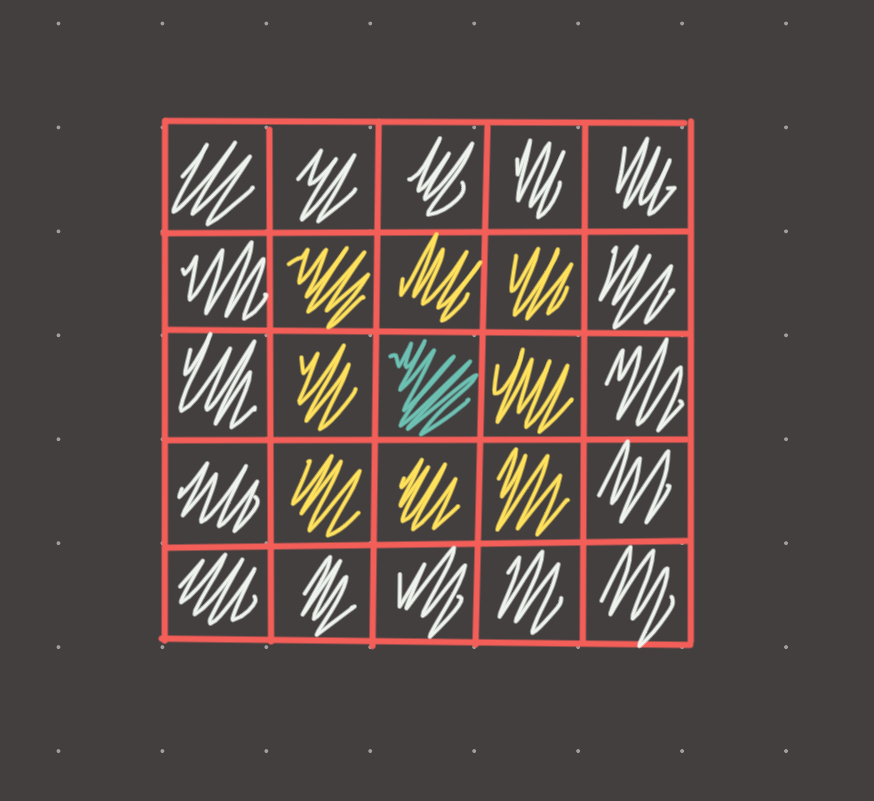Link: https://leetcode.com/problems/rotting-oranges/
Solution:
Topics: BFS
Intuition
Not much to this problem other than being mindful of some edge cases introduced by the problem statement.
Some considerations:
- if there is an isolated component of fresh oranges, its impossible for them to become rotten.
- if all oranges are already rotten, then zero time is required for all to become rotten.
Other than these considerations, the problem is a basic BFS with cycle prevention. We can use the grid itself for cycle prevention instead of creating more memory for a visited set.
Implementation
def rotting_oranges(grid):
queue = deque()
for row in range(len(grid)):
for col in range(len(grid[0])):
if grid[row][col] == 2:
queue.append((row, col, 0))
res = 0
while queue:
row, col, time = queue.popleft()
if row == -1 or row == len(grid):
continue
if col == -1 or col == len(grid[0]):
continue
if grid[row][col] == 0 or grid[row][col] == 3:
continue
res = time
grid[row][col] = 3
delta = [(1, 0), (0, 1), (-1, 0), (0, -1)]
for i, j in delta:
queue.append((row+i, col+j, time + 1))
for row in range(len(grid)):
for col in range(len(grid[0])):
if grid[row][col] == 1:
return -1
return res
#time: o(n)
#memory: o(n) because worst case every orange is rotten therefore all nodes
# would be added to the queueVisual
